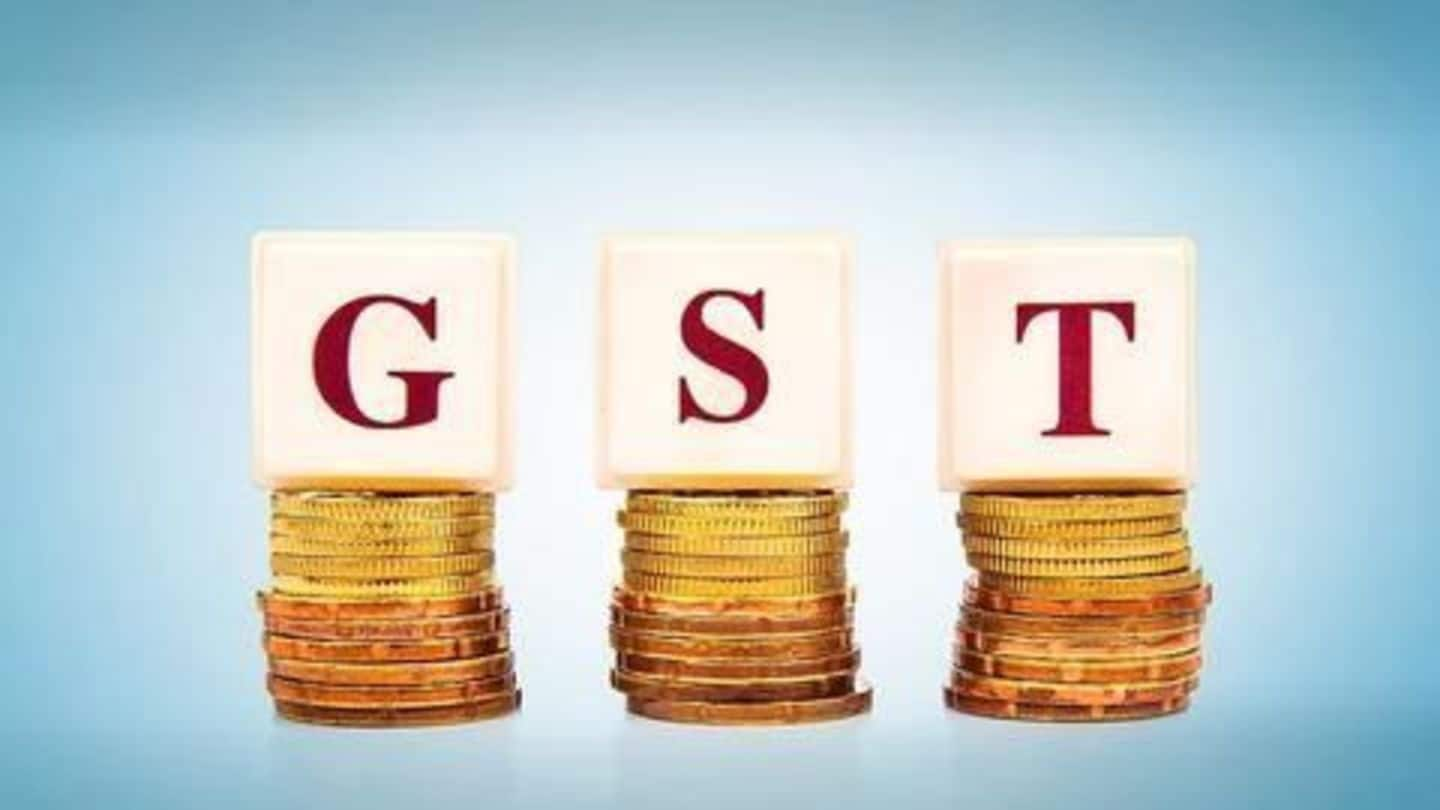
GST Bills: Employee amenities, gifts made taxable
What's the story
An examination of the recently introduced Goods and Services Tax (GST) Bill reveal that the tax could be levied on certain perks provided by employers to employees, that fall outside Cost to Company (CTC).
The bill carves out exemptions for the same, including gifts and input tax credits covering services notified by the government.
Would GST leave employers grappling with complexities? Let us see!
Background
GST Bills
GST Bills include the Central Goods and Services Act, the Integrated Goods and Services Bill, the Union Territory Goods and Taxes Bill, and the Goods and Services (Compensation to States) Bill.
The issue comes about in the backdrop of the provisions being scheduled for discussion in the Lok Sabha, as the government hopes to finish discussions before April 1st to meet the July deadline.
Details
GST: Provisions concerning applicability to employee's benefits
"Supply of goods and services to a related party (encompassing employees), without consideration, made in course of furtherance of business" is taxable under GST.
Under Schedule I, "Gifts not exceeding Rs. 50,000" given to an employee is exempt.
Further, under clause 4(b) of Schedule II, "goods held for the purpose of business put to private use" are eligible for taxation, irrespective of consideration.
Possible consequences
What does this mean?
GST could be levied on amenities not included as part of CTC, including car drops and free lunches.
Perks handed to the employees including Diwali gifts exceeding Rs. 50,000 is taxable. Further, use of company property by the employee for official or private purposes is also deemed taxable.
Input tax credit is discounted unless for services notified by the government under law.
Definition
What is input tax credit?
Input tax credit refers to tax-exemption allowed on output, for taxes paid during purchase of inputs. For example, as a cheese manufacturer, if the taxes paid on milk (input) was Rs. 200 and taxes on cheese (output) was Rs. 500, tax-payable would be Rs. 300.
Criticism
A death of employee benefits?
Input tax credit is deemed inapplicable by the GST bills, in facilities including life and health insurance. Employees might lean towards cutting down on benefits or managing losses in a manner detrimental to the employee.
The constricted nature of exemptions might mean the employer bear costs for provision of amenities like car drops and cafeteria lunches.